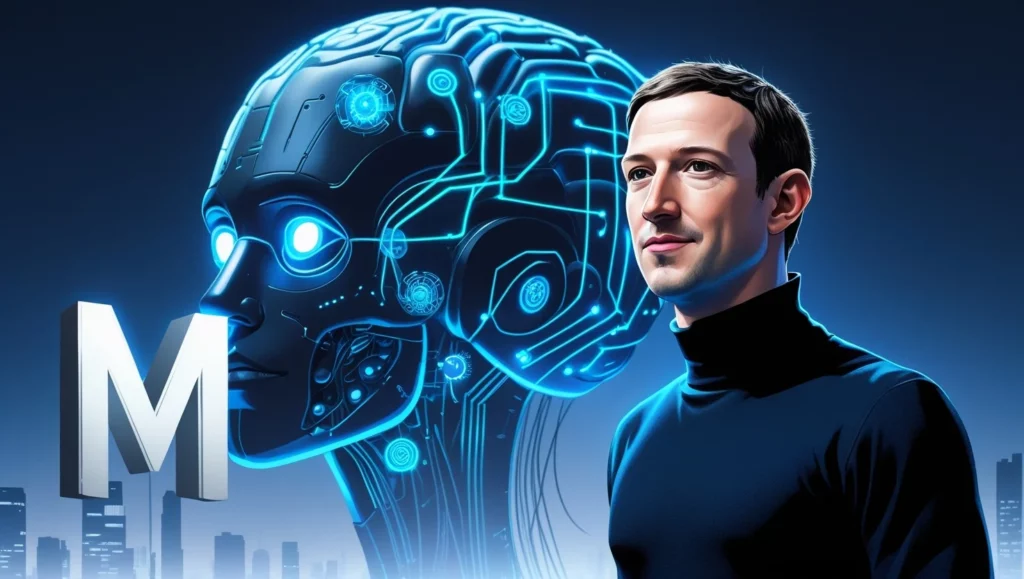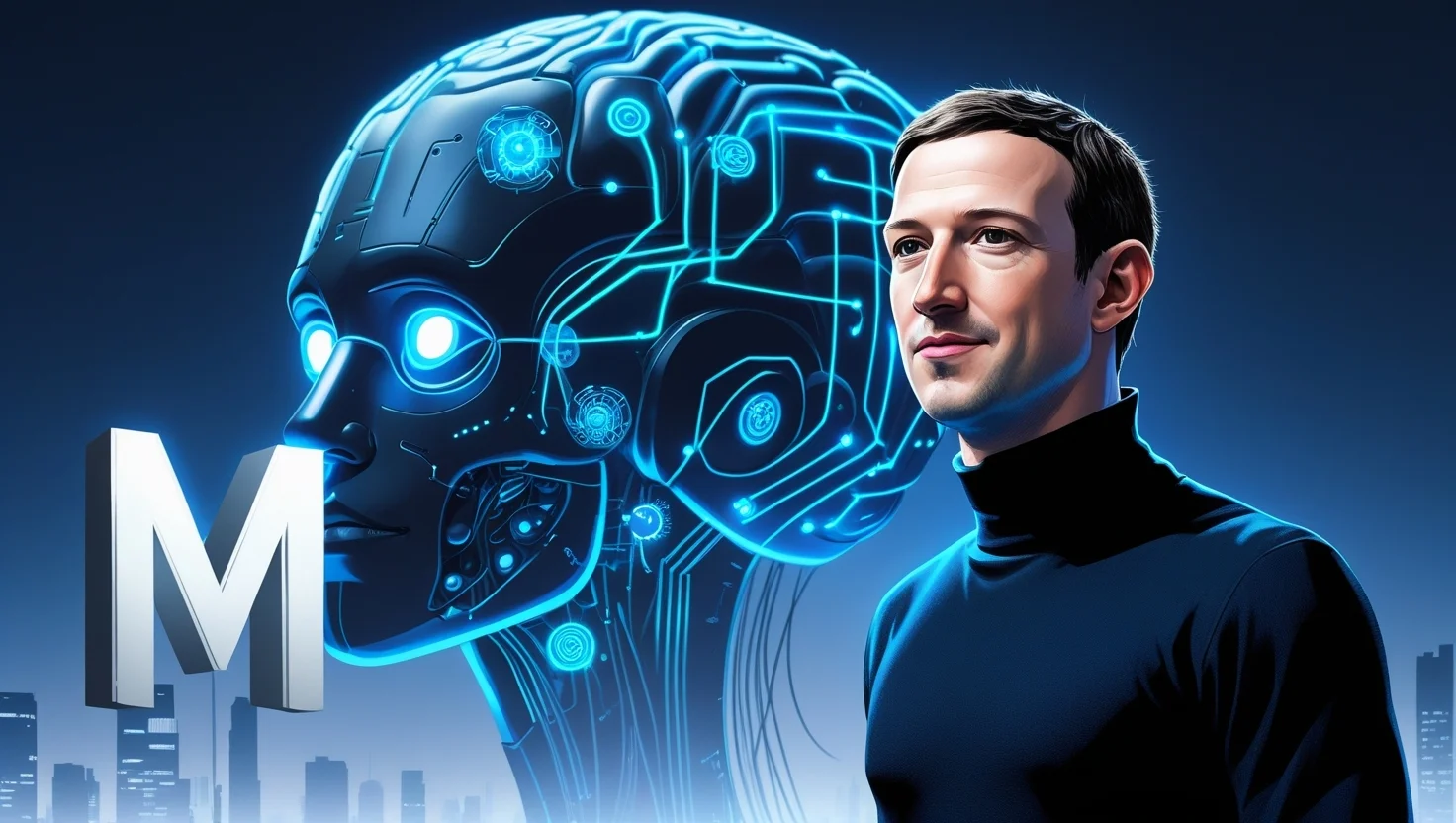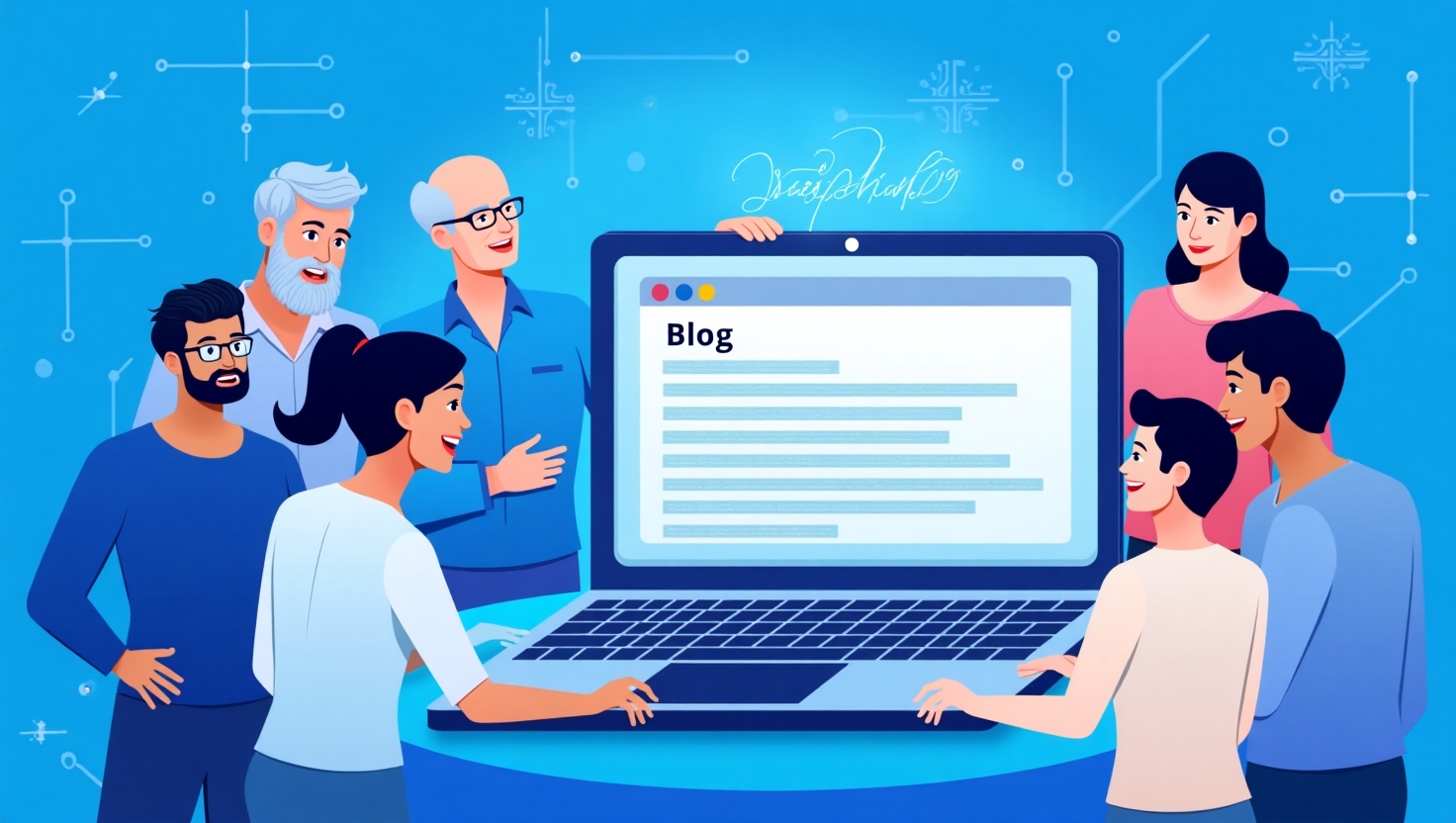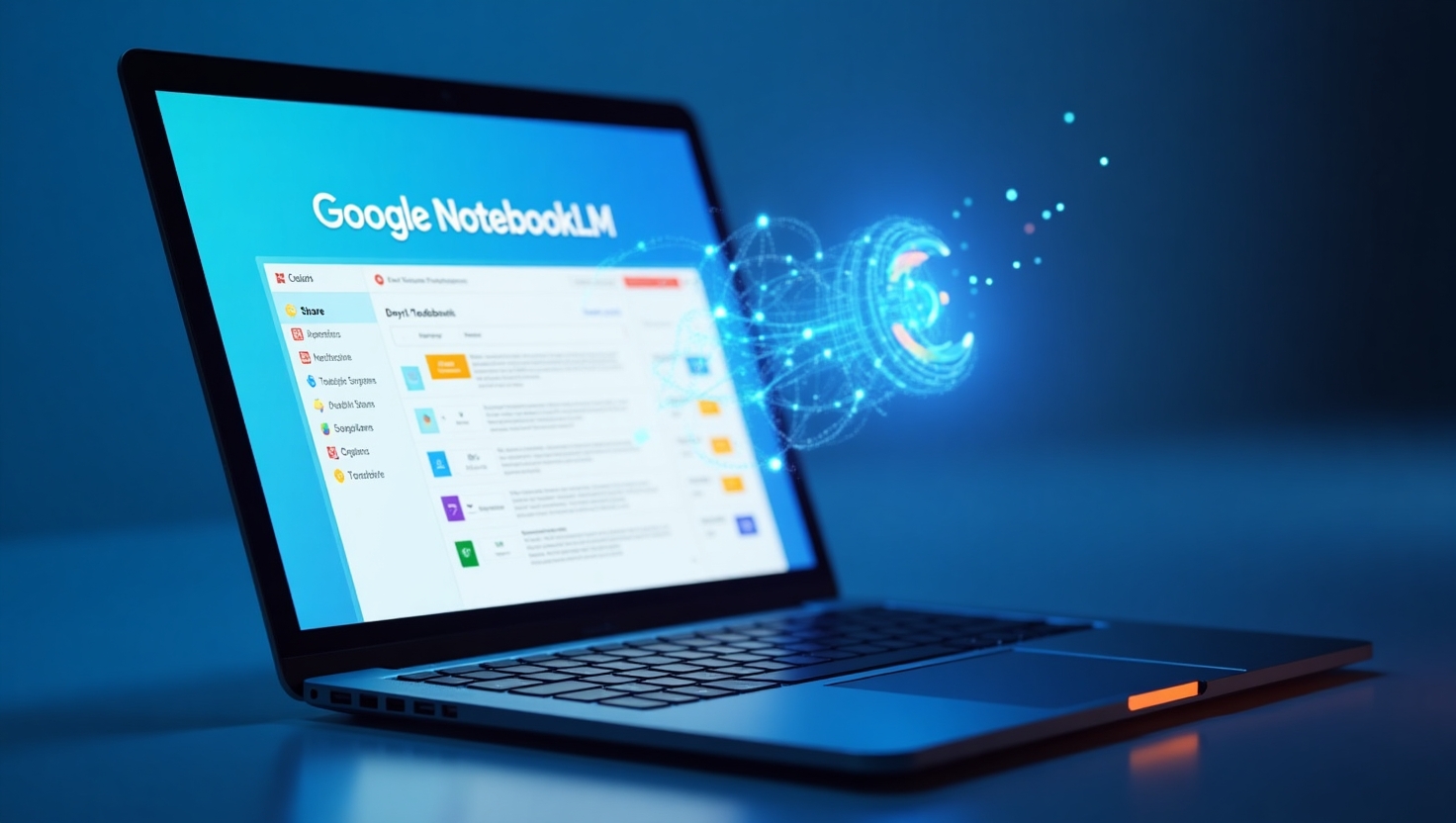Mark Zuckerberg is personally leading an ambitious push to hire top artificial intelligence researchers, aiming to reboot Meta’s AI efforts and develop a new “superintelligence” lab. He’s directly reaching out to AI talent—often through cold emails or WhatsApp messages—promising freedom to take bold risks, significant funding, and close collaboration at Meta’s headquarters. This campaign has already shaken the tech industry, especially with the recent recruitment of Scale AI’s CEO, Alexandr Wang, in what’s considered one of the costliest hires in tech history. Wang’s exit alone reportedly cost Meta $14.3 billion in equity, instantly making many former Scale employees wealthy. Other notable additions include Jack Rae from DeepMind, expected to lead pre-training efforts.
This aggressive move has sparked reactions from competitors. OpenAI’s Sam Altman emphasized his company’s commitment to superintelligence in a pointed essay, while Google promoted DeepMind’s CTO after Zuckerberg attempted to recruit him. Internally, Meta is pushing for a reset as its Llama model has fallen behind, even prompting discussions about using external AI models—a move considered unlikely but telling.
Meanwhile, Apple appears to be trailing in the AI race. Despite unveiling some promising features during WWDC—like live translation—its foundational AI models have underwhelmed. They offer limited capabilities, such as a 4,096-token context window, and their integration pace aligns with iOS updates, far slower than AI’s current development speed. Apple’s reliance on a ChatGPT partnership highlights its dependence as it rushes to revamp Siri for 2026. While privacy and on-device AI sound appealing, many developers and users are unlikely to prioritize these features over cutting-edge performance.
Elsewhere in the industry, Google is offering buyouts in an attempt to foster internal change, and Snap is hinting at strategic partnerships—or even acquisition possibilities—as it ramps up work on AR glasses. Meanwhile, experts like Databricks’ CEO predict a surge of AI startups focused on semi-autonomous agents, though full automation remains distant.
As Meta pours billions into AI and Apple plays catch-up, the tech landscape is bracing for a new wave of competition centered on intelligent software, reshaping both products and power dynamics across Silicon Valley.













